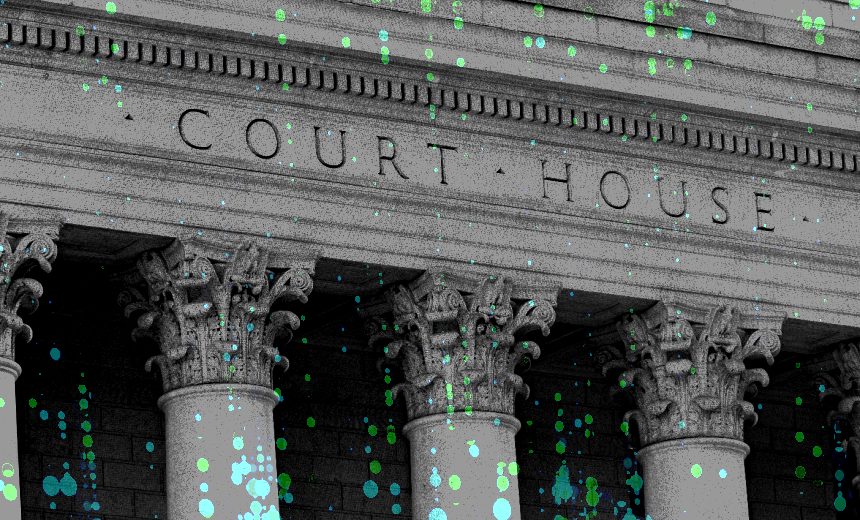Cyberwarfare / Nation-State Attacks
,
Data Security
,
Fraud Management & Cybercrime
Congress Pressed to Fund Federal Court System Cyber Upgrades Amid Escalating Risks

A breach of the U.S. national court filing system intensified concerns over the federal judiciary’s cybersecurity, with critics urging reforms and congressional funding to close gaps that could expose sealed cases, confidential informants and other sensitive information.
See Also: New Attacks. Skyrocketing Costs. The True Cost of a Security Breach.
The federal judiciary said Thursday it is implementing new measures to safeguard sensitive case documents after recent cyberattacks on its case management system, reportedly by Russian hackers.
Some courts have blocked the transmission of sealed documents to public docket platforms after the Department of Justice learned from court administrators that “persistent and sophisticated cyberthreat actors have recently compromised sealed records,” according to a reported department memo (see: Russia Accused of Hacking Sensitive US Court Filing System).
National security and legal experts told Information Security Media Group the federal judiciary is struggling to strengthen its cybersecurity defenses in large part because it relies on a funding model that charges users for access to court filings. Judiciary reliance on fees reduces congressional pressure to invest in modernizing the judiciary’s information technology. To better counter escalating digital threats and boost efficiency and security, lawmakers should fund the system directly and make access free “rather than the unjustifiable $0.10 per page,” said Gabe Roth, executive director of the nonpartisan judicial advocacy group Fix the Court.
“Having a fee system has meant that over the years, the judiciary hasn’t asked Congress for the resources it needs to modernize its cybersecurity,” Roth said. “The fixes are very urgent, as we know that these breaches keep happening again and again.”
The federal court’s management system has faced cybersecurity breaches by foreign actors for years including a 2022 hack. U.S. Circuit Court Judge Michael Scudder, chair of the judicial conference committee on information technology, warned a House judiciary subcommittee in June that the judiciary faces “unrelenting security threats of extraordinary gravity” expected to “keep intensifying into the indefinite future.”
Judiciary cyber defenses blocked about 200 million harmful events from reaching the courts local area networks in fiscal year 2024, according to Scudder. He added that the Judiciary’s case management and electronic filing system, along with its Public Access to Court Electronic Records portal, are outdated and must be replaced due to escalating risks.
“Russian intel attacks on the U.S. court system are neither an anomaly or an accident,” said Bryan Cunningham, president of the security firm Liberty Defense and a former White House deputy legal adviser. He warned that the reported Russian intelligence attacks could expose vast troves of sensitive intellectual property, intelligence sources and methods, national security prosecutions and highly sensitive details from criminal cases ranging from espionage to human trafficking – including files linked to the Jeffrey Epstein investigation.
“The U.S. court system needs to get their act together immediately,” Cunningham said.
The judicial branch appears to have taken notice of the urgent calls for reform in recent months, requesting $74 million in new funding in its fiscal year 2026 budget to modernize cybersecurity and information technology systems. The House appropriations subcommittee approved the bill in July, but it still needs full committee, House and Senate approval before becoming law.
